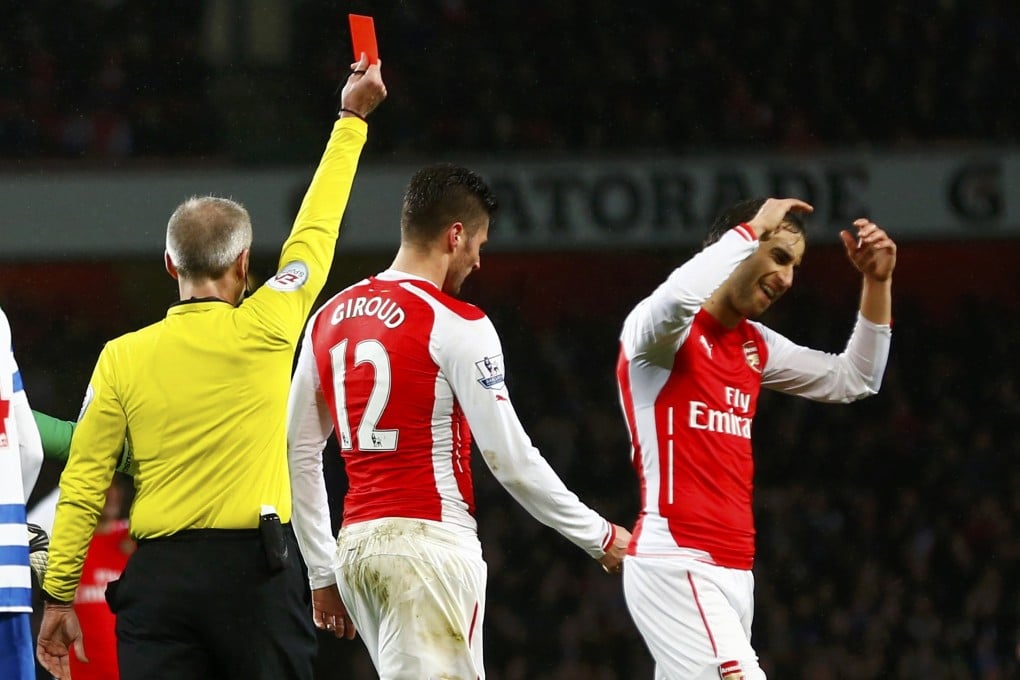The Rational Ref | Sin bins off the mark - red cards are the correct penalties for unfair play
Using rugby-style punishments by allowing players to come back to the game sends wrong message

The idea of introducing a rugby-style "sin bin" in football was raised again.
Superficially, the sin-bin system appears reasonable. The justification behind it is that instead of referees sending players off the field permanently, it is better to give players another chance using a "white card".
In this way, teams are only disadvantaged by a player spending a period away from the action rather than ordered off for the remainder of the match and any future suspension.
Obviously, players and coaches would accept this more lenient approach, but referees know better. The sin bin is a rubbish idea. To start with, why should misbehaving players be given further opportunities to transgress?
Everyone knows the consequences of bad sporting actions on the pitch, so players, particularly the professionals, have nothing to complain about when they are disciplined.
For diving, it makes no sense to stop cautioning a player and instead penalise them with a period in a sin bin because they know they can attempt to dive again without fear of being sent off
Michel Platini, Uefa president and a former professional player, argues his proposed white card is specifically for those who dive or show dissent towards referees. He said dissent was a "veritable epidemic", but the white card "should not be confused in any way with the yellow card, which, for its part, is dedicated to fouls within the game".
